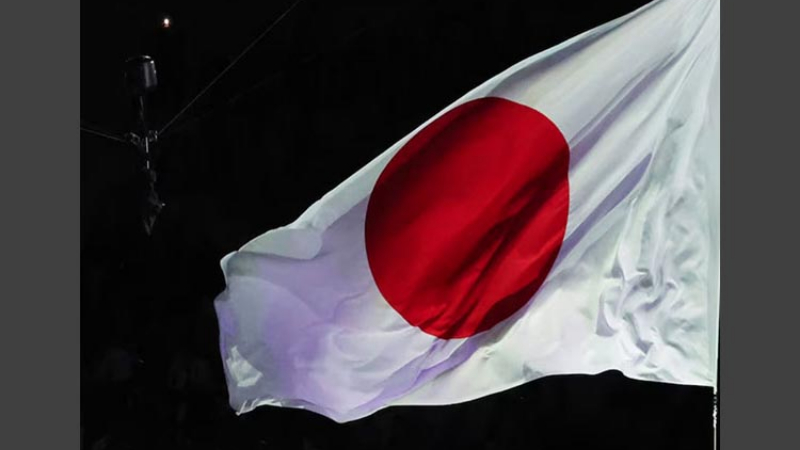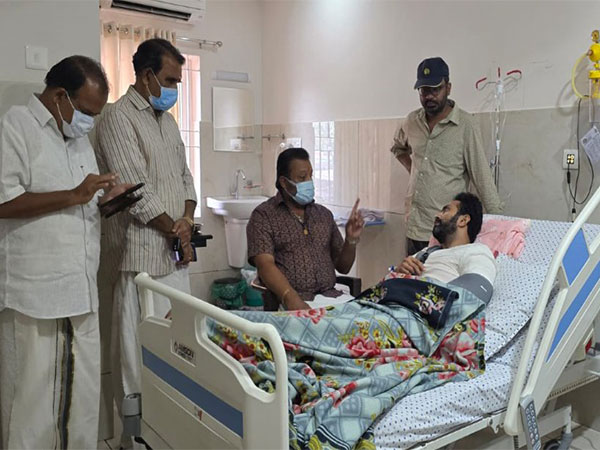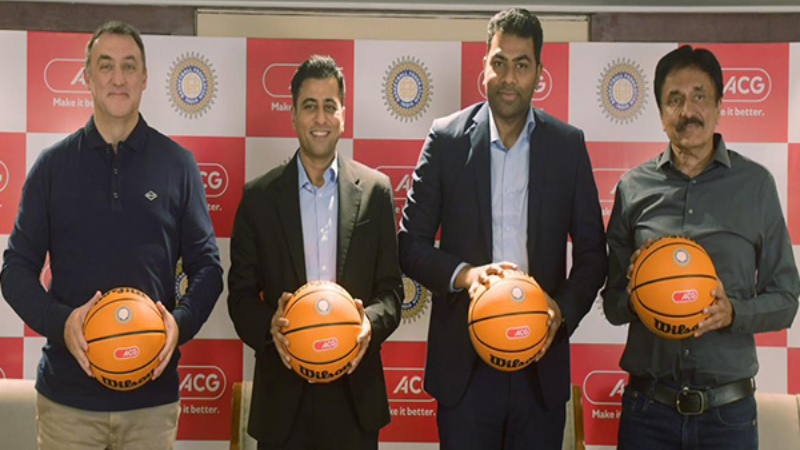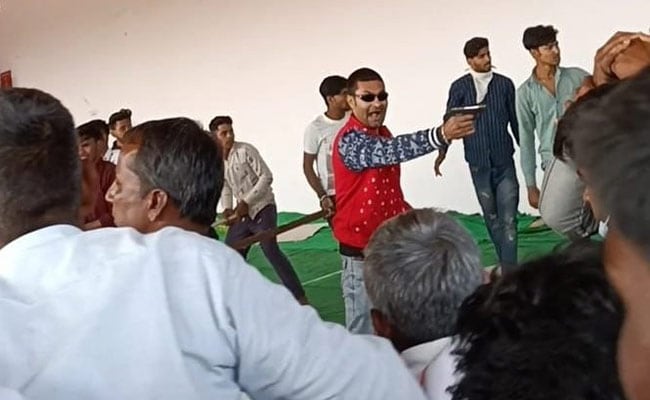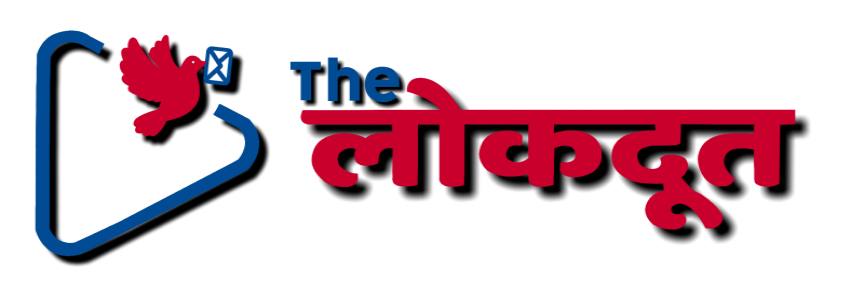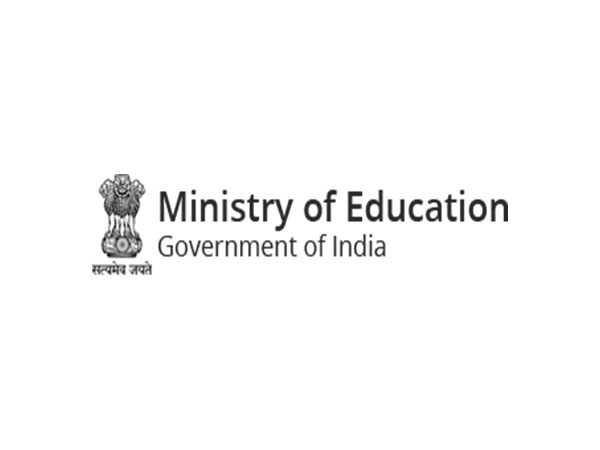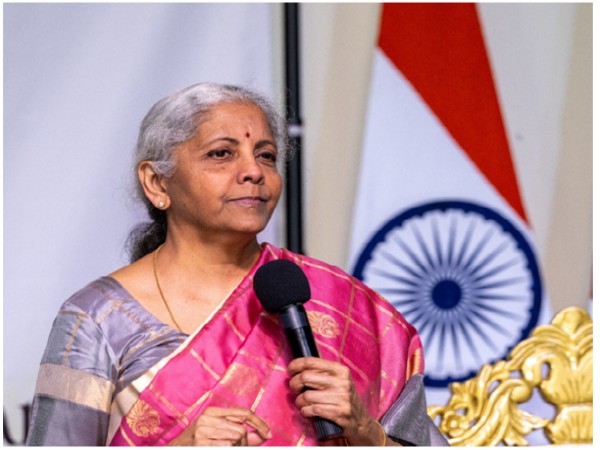AirAsia Adopts TaxiBot Service
The company has tied up with KSU Aviation for operations of the TaxiBot in India
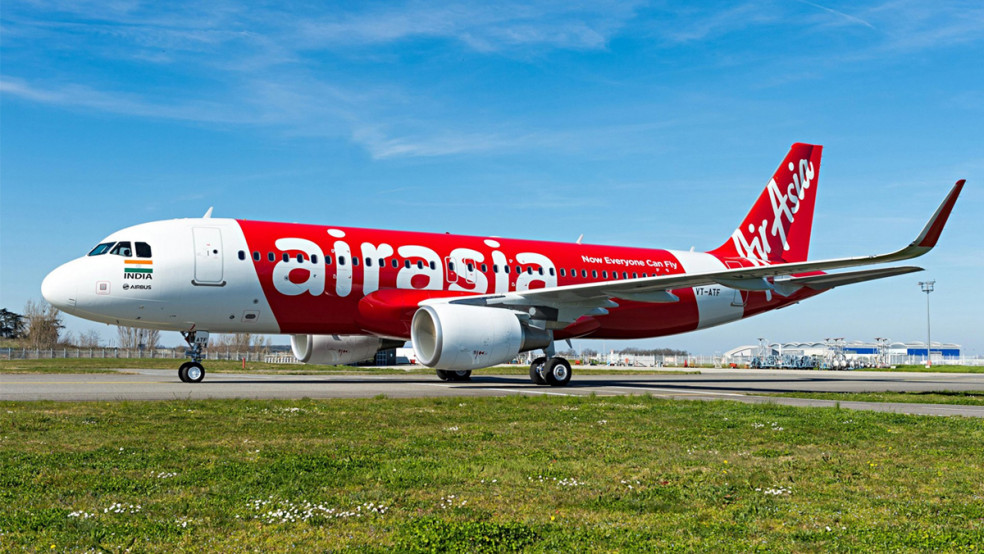
Indian airline carrier, AirAsia announced the implementation of an Alternate Taxiing Solution, TaxiBot, on Tuesday.
In a press release informing about the development, the budget carrier claimed of becoming the first Airbus operator in the world to start TaxiBot services with passengers onboard with a modified Airbus fleet.
'In Line With Sustainability Initiatives':
The company has termed the step in line with its sustainability strategy.
"TaxiBot is the latest in a string of digital and sustainability initiatives from AirAsia India which enable the airline to leverage innovative technology solutions to monitor, predict and deliver operational efficiency", stated the press release.
“We’re delighted to announce the initiation of TaxiBot operations towards enhancing sustainable aviation operations and leveraging technology to drive differentiation and operational efficiency. It is a proud moment for AirAsia India to be the first Airbus operator in the world to start TaxiBot services with passengers onboard with a modified Airbus fleet,” the press release quoted Sunil Bhaskaran, MD & CEO, AirAsia India.
TaxiBot And Its Advantages:
The Taxibot is a semi-robotic towbarless aircraft movement device developed by Israel Aerospace Industries. The Taxibot can tow an aircraft from the terminal gate to the take-off point (taxi-out phase) and return it to the gate after landing (taxi-in phase) without utilizing the aircraft engines. It can reduce aircraft fuel usage, emissions and noise levels at airports, and the risk of foreign objects and jet blast damage.
AirAsia has tied up with KSU Aviation, an aviation consultant company in Delhi and the exclusive operator of the TaxiBot in India.
“Air Asia India is setting a new industry’s first benchmark towards successful implementation of reducing ground carbon emission with the introduction of TaxiBot Program as part of its regular fleet operations, leading the implementation of a feasible solution for reducing aviation industry’s carbon footprint.” said a KSU Aviation spokesperson.
Delhi Airport was the first airport in the world to start using TaxiBots in May 2019. Since then, as per the press release, the airport has witnessed 1,500 movements of sustainable taxiing of aircraft in September 2021. That has helped in reducing around ~880 tones of Carbon at Delhi Airport and airlines could save around ~278 Tones of aviation turbine fuel (ATF).
The KSU spokesperson mentioned that the present fleet of TaxiBot’s deployed at Indian airports had completed ~1500 TaxiBoting operations and an additional 40 TaxiBot’s were slated to be operational at Indian airports, a major force multiplier towards reducing ground carbon emission in the world’s leading aviation market.
Aviation Pollution:
The aviation industry, which accounts for roughly 2 percent of global emissions, is one of the most difficult industries to decarbonize. However, as awareness about climate change, and pressure on industries working on fossil fuels, has been increasing, steps are being taken in the direction to shift to sustainable ways without hampering the business prospects.
The International Air Transport Association (IATA), a trade association of the world's airlines, has recently committed to reaching net-zero carbon emissions by 2050, an ambitious challenge for the heavily polluting industry as it begins to recover from the crisis caused by Covid-19.
Aviation Turbine Fuel (ATF) prices have also been rising sharply, from about ₹42,000 per kilolitre last year to its current price of ₹68,609.22 per kilolitre at New Delhi, according to data from Indian Oil Corporation Limited (IOCL).
Diverse steps to reduce dependency on fossil fuel and advancement in technologies to ease the shift towards sustainable ways is the solution for a pandemic hit the aviation industry.
Also read: ITC shares spiked over 7 percent
